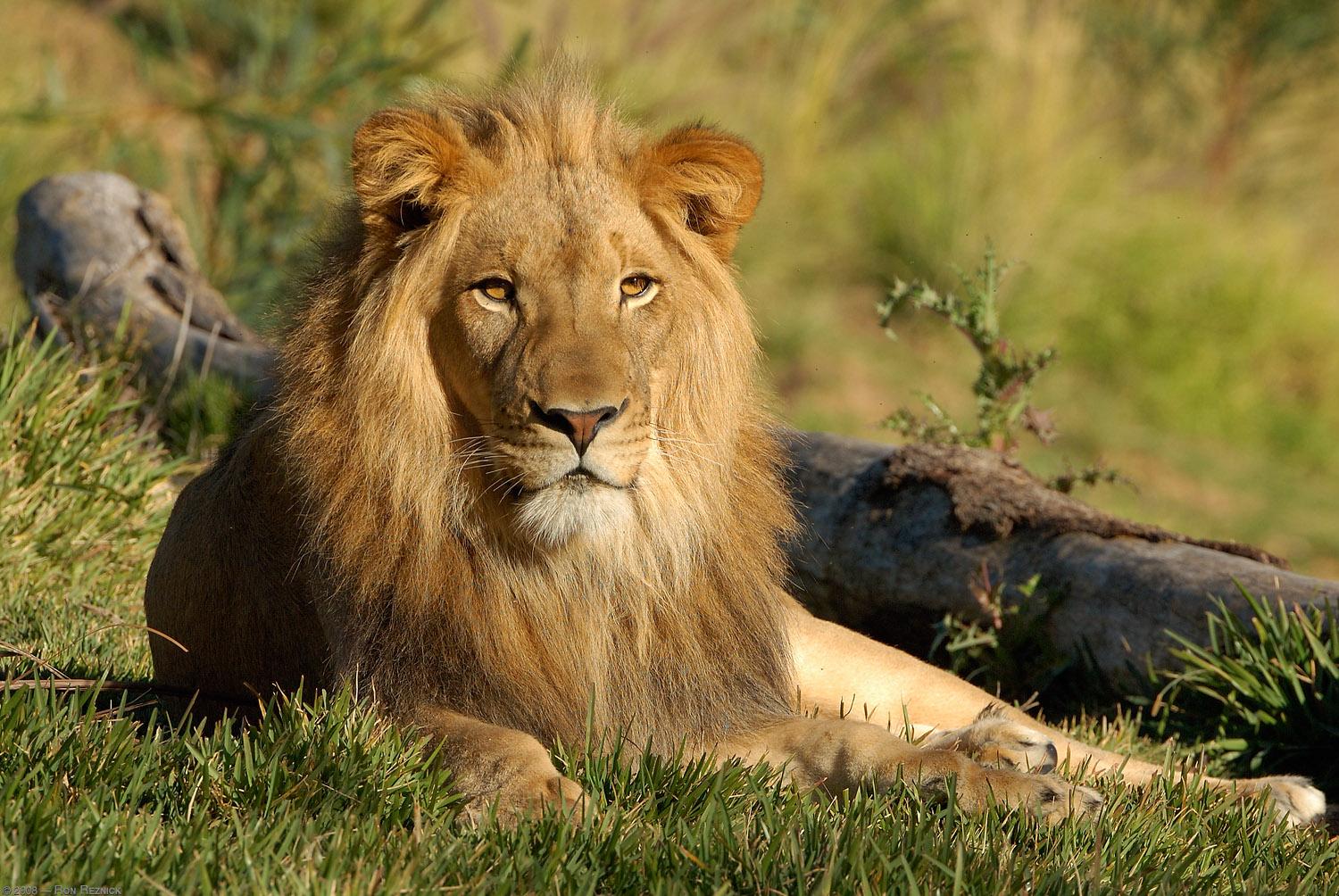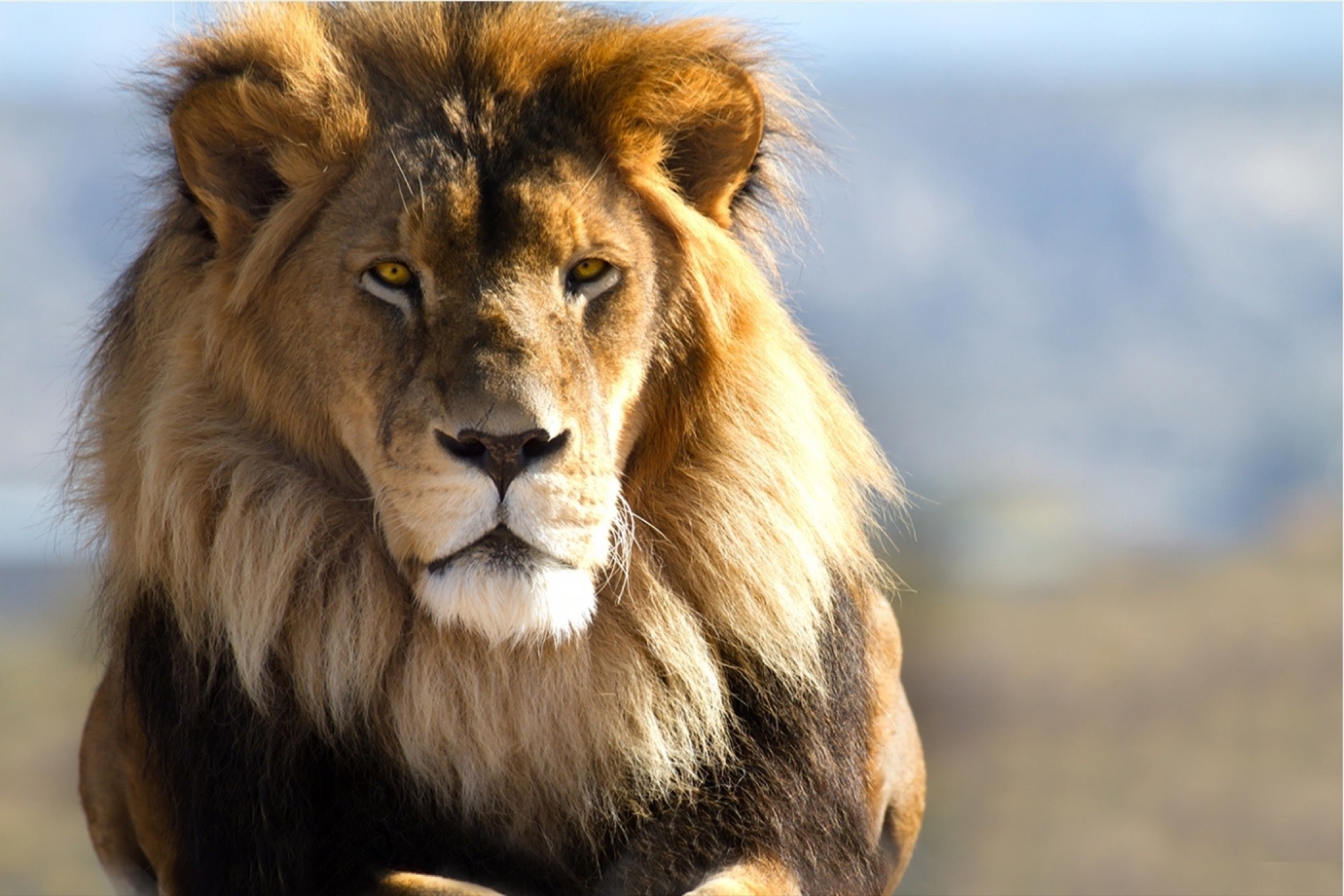There's a real soft spot in our hearts for animals, particularly the big, impressive ones like lions. When stories pop up about creatures with special needs, like a lion with Down syndrome, it's quite natural for our curiosity to get the better of us. We feel a pull, a desire to learn more about these rare instances that seem to challenge what we think we know about the wild world. It's a bit like finding a unique piece of information that makes you pause, perhaps like details about property prices in Red Lion, Pennsylvania, or even the mean values for townhouses; these bits of data, while different, spark a similar kind of interest.
The thought of a magnificent big cat, a lion with Down syndrome, can really capture the public's imagination, you know? It prompts a lot of questions about how such a condition might show up in a wild animal and what that would mean for its daily existence. People often share pictures or anecdotes they've come across, hoping to shed light on something that feels both unusual and deeply touching. It's almost as if we want to connect with these creatures on a more personal level, seeing them as more than just symbols of strength, but as individuals with their own set of circumstances.
This widespread interest means that many folks are looking for solid information, wanting to figure out what's real and what might be a misunderstanding when it comes to a lion with Down syndrome. We're here to talk through some of these points, sharing what's generally known about genetic variations in animals and how these might affect their lives. It's a chance to consider these topics with a thoughtful outlook, moving past just the initial wonder to a deeper appreciation of animal biology and well-being.
- How To Pay For Chatgpt Plus From Iran
- Buy Chatgpt Plus Subscription Iran
- Jenn Pellegrino
- Openai Chatgpt Plus Iran Purchase
- Sophie Rain Leaked Zone
Table of Contents
- What Does "Down Syndrome" Mean for Animals?
- Are There Real Cases of a Lion with Down Syndrome?
- How Do These Conditions Affect Wild Animals?
- What About the "Lion" in Other Contexts?
- Supporting Animal Welfare and Understanding
What Does "Down Syndrome" Mean for Animals?
When we speak of "Down syndrome" in humans, we're talking about a specific genetic condition where a person has an extra copy of chromosome 21. This extra genetic material leads to a range of physical and developmental characteristics that are quite recognizable. For animals, it's a bit different, you know? While animals can certainly have genetic abnormalities or variations in their chromosomes, the exact condition known as Down syndrome, as it appears in people, isn't typically found in other species in the very same way. Animals have different numbers of chromosomes, so an extra chromosome in a lion, for example, wouldn't be an extra chromosome 21, but rather an extra copy of one of their own specific chromosomes.
Understanding Genetic Variations in a Lion with Down Syndrome
So, if someone talks about a lion with Down syndrome, they are likely referring to an animal that shows some physical features or behaviors that might resemble aspects of Down syndrome in humans. These features could include differences in facial structure, growth patterns, or even certain ways of moving. These kinds of variations in a lion, or any animal, actually stem from various genetic quirks or developmental issues that happen during their early stages of growth. It's not necessarily the same specific chromosomal duplication we see in people, but rather a unique genetic situation for that individual creature. For instance, just as property valuations on Lion Street, Staten Island, NY, can show unique numbers for each parcel, so too can genetic makeups be distinct for each living thing, leading to these sorts of noticeable differences.
Are There Real Cases of a Lion with Down Syndrome?
The internet is a vast place, filled with all sorts of pictures and stories, and sometimes, images of animals with unusual appearances circulate quite widely. You might have seen photos of a lion with what some people describe as features similar to Down syndrome. These images often spark a lot of conversation and debate among animal lovers and experts alike. The question of whether these are true cases of a lion with Down syndrome, or simply animals with other genetic conditions or even just unique facial expressions, is often a topic of discussion. Basically, it's pretty rare for confirmed scientific reports to label an animal with the human condition of Down syndrome itself.
- How To Get Chatgpt Plus In Iran
- How To Subscribe To Chatgpt Plus From Iran
- Was George Reeves And Christopher Reeves Related
- Iran To Israel Distance
- When Is Shedletskys Birthday
Examining Evidence and Public Interest in a Lion with Down Syndrome
When we look at the evidence for a lion with Down syndrome, it mostly comes from anecdotal observations and widely shared photographs rather than formal scientific studies. Scientists who study animal genetics typically explain that while animals can have chromosomal abnormalities, they don't experience the exact same condition as human Down syndrome. The way information spreads, you know, it’s a bit like how financial news or stock quotes might travel through forums like forums.thelion.com; a picture or a story can gain a lot of traction very quickly, even if the underlying scientific details are still being discussed or aren't fully clear. The public's interest is certainly there, fueled by a deep affection for animals and a natural wonder about unusual occurrences in nature.
How Do These Conditions Affect Wild Animals?
Any animal born with a significant genetic variation or developmental difference would likely face considerable challenges, especially if they live in the wild. A lion with Down syndrome, or any similar condition, might find it much harder to survive independently. Think about what a lion needs to do every day: hunt for food, protect itself from dangers, and compete with others in its group. These are tough tasks for any lion, let alone one that might have physical or cognitive differences. It's a rather stark reality of nature, where every creature must be able to keep up with the demands of its surroundings.
Life Challenges for a Lion with Down Syndrome in Nature
For a lion with Down syndrome, the daily grind of staying alive could be incredibly difficult. Things like getting enough food might be a bigger struggle if their movements are a little bit different or if their senses aren't quite as sharp. They might also find it harder to fit in with their pride or to defend their territory. We sometimes hear observations, like someone saying, "I know lions are in the woods but sheesh look how big that sum ***** is," which speaks to the sheer physical presence and power these animals usually possess. Any deviation from that typical strength and agility could make life a lot more precarious for an animal trying to make it on its own.
What About the "Lion" in Other Contexts?
It's pretty interesting how the word "lion" shows up in so many different parts of our lives, far beyond just the actual animal. We see it in place names, like Red Lion, Pennsylvania, or even South Lyon, Michigan, which are communities with their own distinct histories and mean prices for property. There's also Lion Street in Staten Island, New York, where you can look up property valuations and tax assessments for specific addresses, like 41 or 62. These uses of "lion" have nothing to do with the big cat itself, but they show how powerful and widely recognized the image of the lion is in our culture.
Beyond the Wild - The Word "Lion" in Our Daily Lives and Data
The term "lion" even pops up in business and online communities. Think about Food Lion, a regional company that many people rely on for their groceries. Or consider the online financial world, where platforms like forums.thelion.com serve as gathering spots for people to talk about stock trading, investing, and cryptocurrencies. These are places where you can find free stock quotes, news, and research, and basically engage in all sorts of financial discussions. It's a good reminder that while we're talking about the biological possibility of a lion with Down syndrome, the word "lion" itself has a much broader, more varied existence in our everyday language and data sets, like the address 13047 Nittany Lion Circle in Hagerstown, Maryland.
Supporting Animal Welfare and Understanding
Our interest in a lion with Down syndrome, whether a real case or a general concept, points to a broader human tendency: our compassion for living creatures. When we see an animal that appears vulnerable or different, it often stirs something inside us, making us want to offer help or at least learn more. This feeling extends to all animals, whether they are in the wild or in human care. It's about recognizing that every living thing has its own struggles and its own right to a good existence, as much as possible.
Compassion for Any Animal, Including a Hypothetical Lion with Down Syndrome
This shared sense of care is what drives many people to support animal welfare organizations and conservation efforts. It's about ensuring that animals, including those with special needs or genetic differences, have the best possible chance at a decent life. Even if a confirmed case of a lion with Down syndrome is not widely documented in scientific literature, the conversation around it helps us think about the broader topic of animal health and our responsibility towards all creatures. It’s a way of fostering a more thoughtful connection with the natural world, and that, you know, is something truly valuable.
- Teach Me First Honey Toon
- Mona Azar Age
- Chatgpt Plus Subscription Iran Access
- Creator Dashboard Roblox Studio
- Connie Francis Current Health Status



